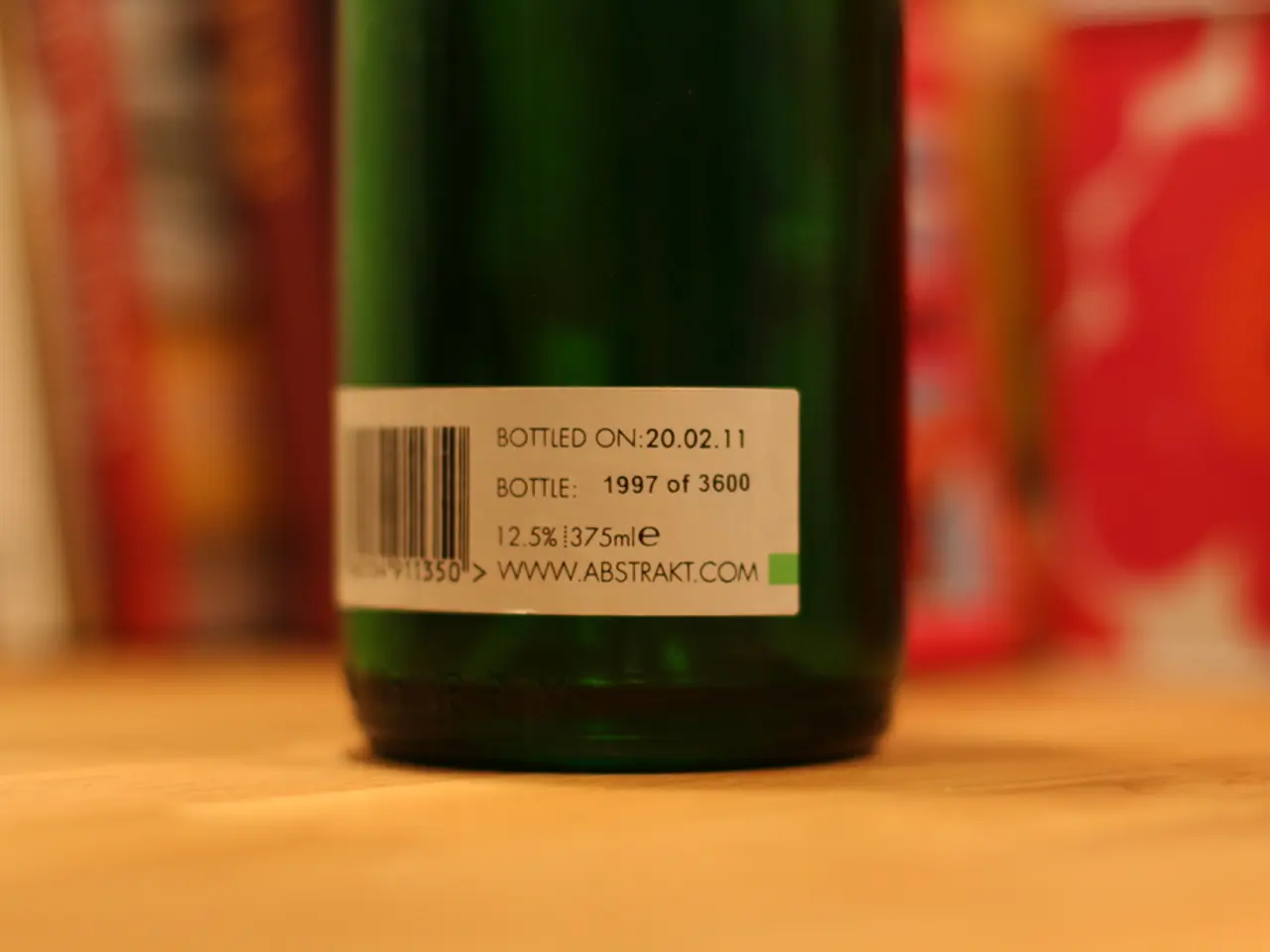NyQuil's alcohol content: A guide
NyQuil, an over-the-counter flu and cold medication produced by Vicks, is a popular choice for many when feeling under the weather. The common cold and flu share symptoms such as a cough, fever, sore throat, runny nose, muscular aches and pains, and congested eyes. NyQuil products are designed to relieve these symptoms, offering relief from pain, reducing fevers, suppressing coughs, and reducing watery eyes, runny noses, and sneezing.
Although many NyQuil liquid products contain alcohol, with some containing up to 10%, the alcohol-free versions are also available. These typically contain active ingredients such as acetaminophen (a pain reliever and fever reducer), dextromethorphan HBr (a cough suppressant), and sometimes an antihistamine like doxylamine succinate depending on the specific formulation.
However, it is essential to be aware of the potential health risks associated with consuming alcohol while taking alcohol-free NyQuil. These risks primarily stem from the interactions between alcohol and the active ingredients, particularly acetaminophen and dextromethorphan.
The liver is responsible for metabolizing both alcohol and acetaminophen. Consuming alcohol while taking acetaminophen-containing cold medicines can overburden the liver and significantly increase the risk of acute or chronic liver damage, including cirrhosis. This risk is higher with excess alcohol intake or if acetaminophen doses exceed recommendations.
Moreover, alcohol is a central nervous system (CNS) depressant. Mixing it with NyQuil ingredients can amplify drowsiness, dizziness, nausea, and vomiting, potentially impairing coordination and cognitive function. If the NyQuil product contains an antihistamine like doxylamine succinate, alcohol can intensify sedative effects, leading to dangerous drowsiness and impaired motor skills.
Additionally, alcohol can increase the likelihood of overdose symptoms by enhancing the sedative and depressant effects of cold medications. It is, therefore, generally advised to avoid alcohol consumption when taking any form of NyQuil or similar cold and flu medicines to prevent these risks.
Vicks, the manufacturer of NyQuil, warns against drinking alcohol while taking the medication on their website. Even though alcohol-free NyQuil products do not contain alcohol themselves, they may contain other ingredients that affect the central nervous system. Therefore, it is crucial to exercise caution and follow the recommended dosage and usage instructions to ensure safety.
In summary, while alcohol-free NyQuil may seem like a safer option, consuming alcohol while using it still poses significant health risks due to interactions with its active ingredients, especially liver toxicity from acetaminophen and increased CNS depression from other components. It is generally advised to avoid alcohol consumption when taking any form of NyQuil or similar cold and flu medicines to prevent these risks.
- The science behind predictive health and wellness suggests that the consumption of alcohol while taking alcohol-free NyQuil can heighten the risk of liver damage, especially when acetaminophen doses exceed recommendations.
- Mental health is an essential aspect of overall health; however, mixing alcohol with NyQuil can intensify drowsiness and dizziness, potentially impairing coordination and cognitive function, affecting mental health.
- Aq, a company specializing in health-and-wellness products, recently released a rheumatoid arthritis predictive tool; this tool could potentially help identify individuals at risk of developing rheumatoid arthritis, allowing for early intervention and treatment.
- To ensure a good night's sleep and maintain optimal health and wellness, it is generally recommended to avoid alcohol consumption when taking any form of NyQuil or similar cold and flu medicines, as alcohol can exacerbate the sedative effects of such medications and lead to dangerous drowsiness.




